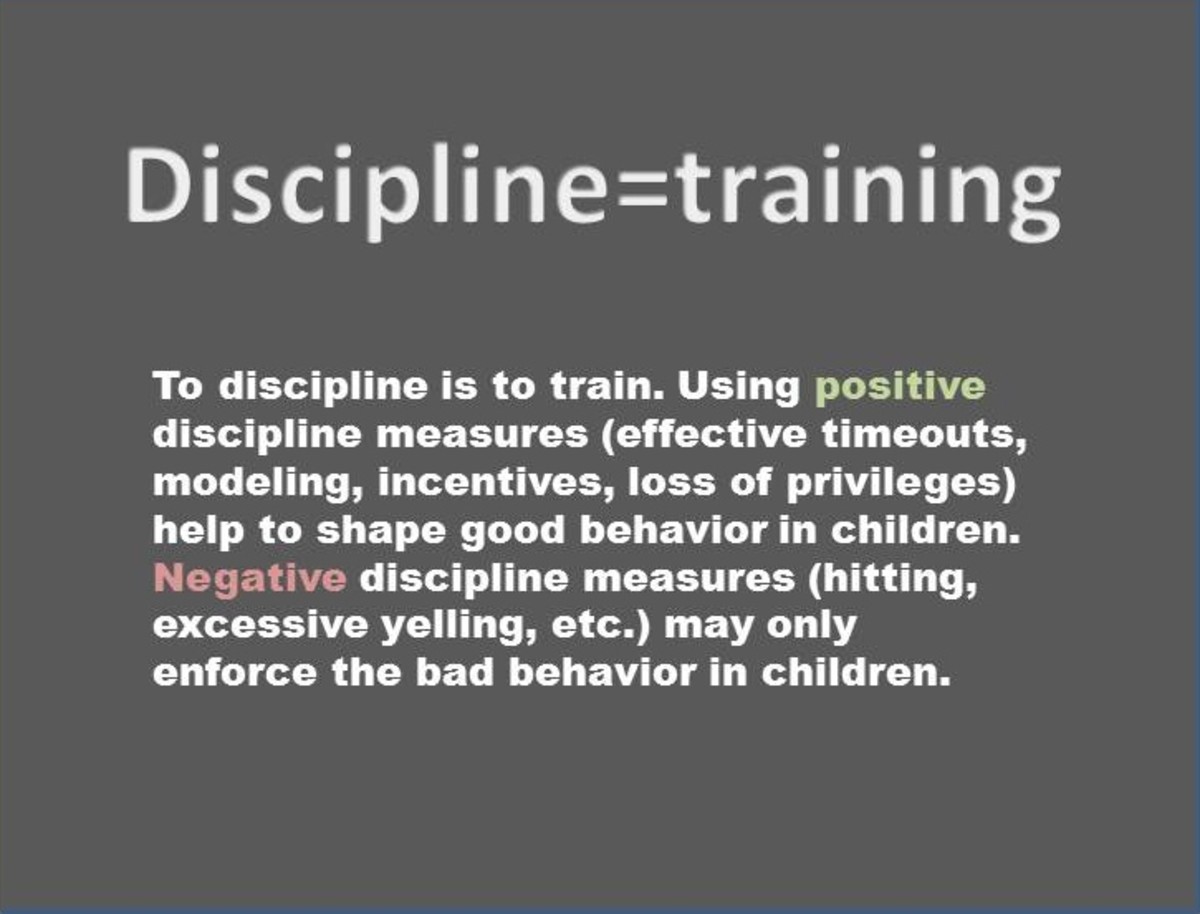Teaching Your Children about Strangers
With all the news reports about children being kidnapped from shopping malls, cars, and outside their homes, parents are now faced with the task of teaching their children about strangers. Inherent in this is maintaining the balance between teaching children to treat strangers with appropriate caution without having them lose the trust that comes with childhood.
For most preschoolers and five year olds, someone who acts nicely to them is thought of as being nice. In today's society, it is often difficult for us, as adults, to determine whether the friendly salesperson at our door is safe to talk to or not. Now we are faced with the task of teaching our children how to be cautious in the same situations.
It is helpful to incorporate rules for dealing with strangers into guidelines for personal safety. Along with the rules about crossing the street, walking home with a friend, or being in the house alone, add rules about talking to or taking things from strangers. These conversations with your child should have a calm and confident tone with an emphasis on the fact that dangerous individuals are the exception not the rule. Emphasizing to your child that it is better to be safe than sorry may help to eliminate frightening overtones.
When you are talking to your child about strangers, it is important to adjust your communication style to your child's temperament. If your child tends to be outgoing and sociable, you need to be clear and firm with your rules and guidelines. If, on the other hand, your child is shy and timid, you should use a more "matter-of-fact" approach to avoid frightening him.
Providing rules and guidelines that tell a child what he can do as opposed to what he shouldn't do is more helpful. Some specific rules follow:
- You may go in a car with …" Include people who may have to pick your child up from school in case of illness, relatives, and other people you would allow your child to be with.
- If you are lost, try to find a policeman. If you can't find a policeman, try to get help from someone working in a store or business.
- Don’t answer the door if Mom or Dad is taking a shower or is outside.
- If someone stops in a car when you are walking by yourself, run to the nearest house (or store) and bang loudly on the door.
- If a stranger tries to walk away with you, yell loudly, "You are not my parent!"
Periodically, check your child's responses to different situations. Asking such questions as, "What would you do if someone stopped and offered you a ride?" or "What would you do it we were in a store and someone tried to walk away with you?” helps you to gain insight into how well your child has absorbed the rules about strangers.
Respecting your child's feelings will help him learn to trust his own judgment. When your child tells you he doesn't like Aunt Gertrude because she "kisses too much," avoid trying to convince him that she's a nice lady who is happy to see him.
Accepting his feelings about Aunt Gertrude and providing suggestions on how to deal with her overpowering behavior will help your child trust his feelings and opinions about all people including strangers.
Finally, teach your child that his body belongs to himself. This is often an uncomfortable discussion for some parents to have with their child, but it is extremely important. Whatever terminology you choose to use with your child, the focus should be on the fact that no one except you, his parents, or a doctor should see or touch his body. Discuss the differences between appropriate touches and inappropriate touches. Rein force with your child that he should tell you if anyone touches him in ways that make him feel uncomfortable.
If your child expresses the fact that he is uncomfortable with good old Aunt Gertrude hugging and kissing him, observe the interaction the next time she comes to visit. Tell Aunt Gertrude that your child feels uncomfortable, and help your child develop things he can say when Aunt Gertrude comes to visit. If the adult does not listen to your concerns or those voiced by your child, make sure that you are around when the visits take place. You may then need to step in and redirect the interaction if you see your child becoming uncomfortable.
With all children, patience and sensitivity are the keys to helping them incorporate these important messages into their daily routines. For parents, it is important to maintain a calm secure approach in the hope that your child will keep that balance between cautiousness with strangers and the trusting nature of childhood.
- How to Help Your Five-Year-Old Child Prepare for School
As your five year old gets ready to enter kindergarten, there is a mixture of excitement and anxiety. For many families, it is the child who is excited and the parents who are anxious! There are, however, many... - How to Create and Use a Child's Behavior Chart
One way to increase behaviors is with use of charts. Many children respond well because charts give them a way of visually monitoring both their behavior and the positive consequences of that...






